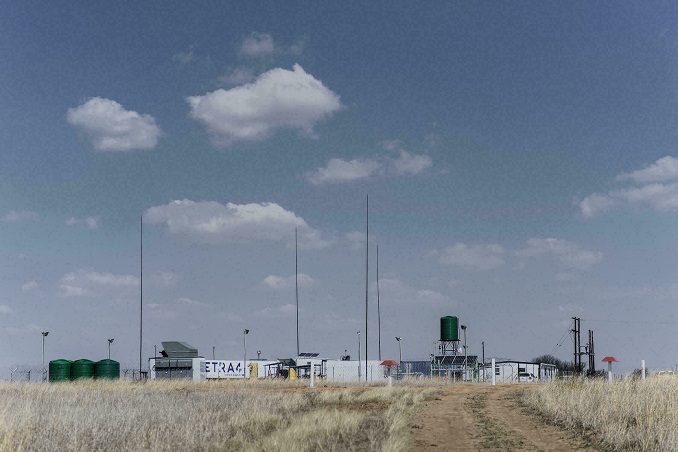Virginia – The company of the 1970s has now stepped into making its mark in the field of renewable energy as it is being seen as the largest emerging company to harness the power of natural gas and helium in Africa.
Indeed, Renergen is almost ready to start producing both natural gas and helium, placing South Africa on an elite map with helium reserves that could be the richest and cleanest in the world.
What is more, the free state of Virginia has become the largest source of helium since it was bought for a mere $1 in 2012.
At a time when the world is fighting to get carbon emission rates down and save the only planet we have, use of helium is good news. Two days ago, Renergen’s share price surged 6.7% after the latest sale agreement and blockchain helium trading plans were made public.
Under a new agreement, domestic natural gas and helium producer Renergen has completed a forward sale agreement for 100 000 units of helium to Argonon Helium US, a helium trading company. The 19 years long understanding would mean the provision of a thousand cubic feet (mcf) of liquid helium through each unit.
Argonon will use the helium to issue tokens, which will in due course be listed on an exchange with the assistance of financial services provider Purple Group’s EasyCrypto platform, providing transparency in the price of helium for the first time.
Related Posts
The tokens will be fully redeemable for helium at the plant, giving investors the ability to participate in the difference between the refinery price and the current spot price.
Currently, the US does not spend too much on extracting helium. But the global market for this gas is huge. The global helium market was worth $10.6 billion in 2019, according to the firm Research and Markets.
Renergen estimates its helium reserve could be as much as 9.74 billion cubic meters which is technically worth 86 million euros.
According to experts, helium is a byproduct of extracting Natural Gas. The extraction process if done properly, can prevent a lot of collateral damage, which happens frequently. What sets Africa apart is this prevention of collateral damage.
“We don’t frack,” confirms CEO Stefano Marani. Fracking is the process that is popularly used and leads to contamination of groundwater and causes small earthquakes that can ruin nearby homes and buildings. While speaking to the media, Marani has confirmed that “Our rock has already cracked, there’s a giant fracture underground. And so when we drill, we’re literally drilling just into that giant fracture where the gas is and then the gas escapes naturally with no stimulation at all.” Renergen plans to have 19 wells installed by early next year. Gas currently extracted is being used as compressed natural gas in a pilot project to run buses.

